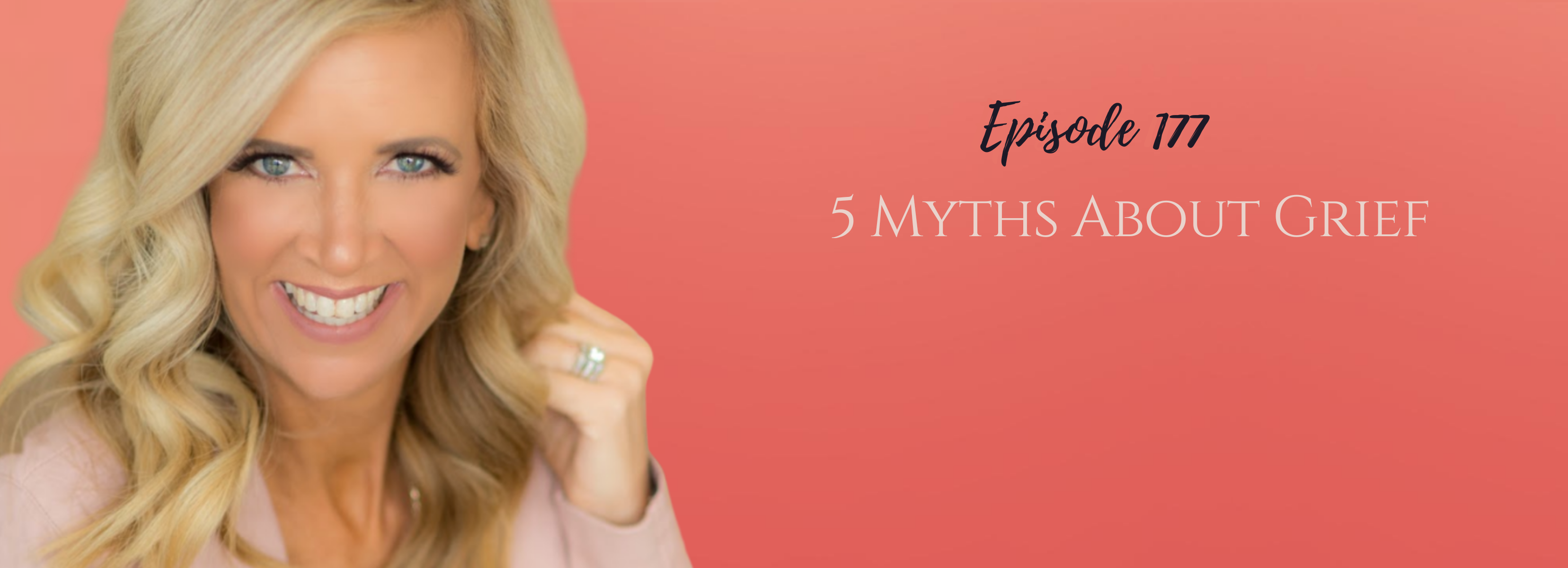
5 Myths About Grief with dr. sonya lott| 9.7.2022
In this episode, Kristen talks with Dr. Sonya Lott, a Prolonged Grief Disorder Specialist and CEO of CEMPSYCH, LLC, about 5 myths about grief, how grief and loss affect your well being and how to cope with it.
You'll Learn
- What are the 5 myths about grief
- How does grief impact a person's life
- What is prolonged grief disorder
- Modalities for coping with grief
Resources
For counseling services near Indianapolis, IN, visit www.pathwaystohealingcounseling.com.
Subscribe and Get a free 5-day journal at www.kristendboice.com/freeresources to begin closing the chapter on what doesn’t serve you and open the door to the real you.
Subscribe to the Close the Chapter YouTube Channel
This information is being provided to you for educational and informational purposes only. It is being provided to you to educate you about ideas on stress management and as a self-help tool for your own use. It is not psychotherapy/counseling in any form.